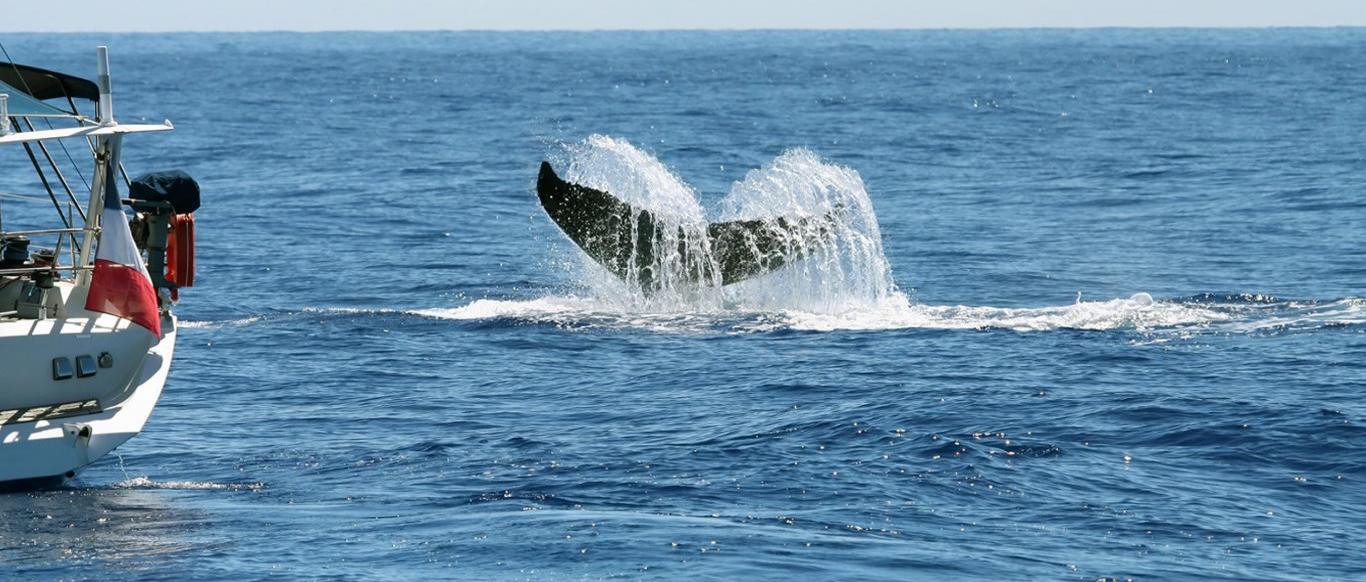Navigating the Laws of Boating Under the Influence of Alcohol
For many recreational boaters, there's nothing quite like spending a warm summer day on the water, cold beverage in hand. However, it's crucial to understand that boating under the influence of alcohol can have severe consequences, both legally and in terms of safety. Just as there are laws against driving a vehicle while impaired, strict regulations govern boating while intoxicated.
The Dangers of Boating Under the Influence (BUI)
Operating a boat while under the influence of alcohol or drugs is inherently dangerous. The combination of sun, wind, and the rocking motion of the vessel can amplify the effects of alcohol, impairing the operator's judgment, reaction time, and overall ability to navigate safely. Additionally, alcohol can cause dehydration, fatigue, and impaired coordination, further increasing the risk of accidents.
According to the U.S. Coast Guard, alcohol use is a leading contributor to fatal boating accidents. In fact, a boat operator with a blood alcohol concentration (BAC) of 0.08% or higher is significantly more likely to be involved in a boating accident than a sober operator.
Federal and State Laws on BUI
In the United States, the Federal Boating Act of 1958 established regulations for boating under the influence, making it illegal to operate a vessel while impaired by alcohol or drugs. However, the specific laws and penalties for BUI vary from state to state.
Most states have adopted a BAC limit of 0.08% or higher for boaters, which is the same as the legal limit for operating a motor vehicle. Some states, such as California and New York, have even stricter laws, with lower BAC limits or additional penalties for boaters.
Penalties for BUI can range from fines and jail time to the suspension or revocation of boating privileges. In some cases, a BUI conviction can also result in increased insurance rates or the loss of employment opportunities, particularly for those working in maritime industries.
Implied Consent and Field Sobriety Tests
Similar to driving laws, many states have "implied consent" laws for boaters. These laws stipulate that by operating a vessel on public waterways, boaters are deemed to have consented to chemical testing (such as breath or blood tests) if law enforcement suspects they are under the influence.
Additionally, law enforcement officers may conduct field sobriety tests on boaters if they exhibit signs of impairment, such as slurred speech, poor balance, or erratic behavior. These tests can include tasks like walking in a straight line or reciting the alphabet, and can be used as evidence in a BUI case.
Responsibilities of Boat Operators and Passengers
It's important to note that the responsibility for avoiding BUI falls not only on the boat operator but also on the passengers. Passengers should be aware of the risks associated with boating under the influence and take steps to ensure the safety of everyone on board.
Boat operators should designate a sober skipper, just as one would designate a designated driver for a night out. This person should refrain from consuming alcohol and remain alert and capable of operating the vessel safely.
Passengers can also play a role in preventing BUI by monitoring the boat operator's behavior and taking appropriate action if they suspect impairment, such as offering to take over or calling for assistance.
Educational Programs and Resources
To raise awareness about the dangers of BUI and promote safe boating practices, many organizations and agencies offer educational programs and resources. The U.S. Coast Guard Auxiliary, for example, provides boating safety courses and public outreach initiatives focused on responsible boating.
State agencies, such as the California Division of Boating and Waterways, also offer educational materials and campaigns aimed at deterring boaters from operating vessels while under the influence.
Additionally, organizations like the National Association of State Boating Law Administrators (NASBLA) work to develop and promote consistent boating safety standards and regulations across the United States.
Boating under the influence of alcohol is not only illegal but also poses significant risks to the safety of operators, passengers, and others on the water. By understanding the laws, penalties, and potential consequences of BUI, boaters can make informed decisions and take responsibility for their actions.
Ultimately, the best way to avoid BUI is to plan ahead, designate a sober skipper, and prioritize safety on the water. By practicing responsible boating habits and holding ourselves and others accountable, we can help ensure that everyone enjoys a safe and enjoyable time on the water.



